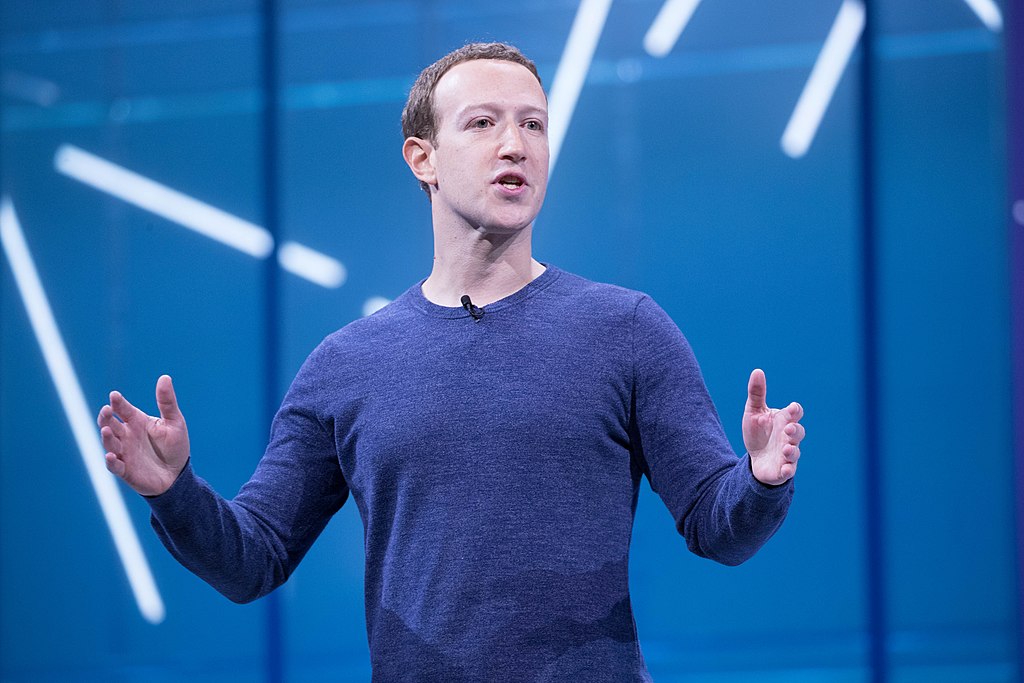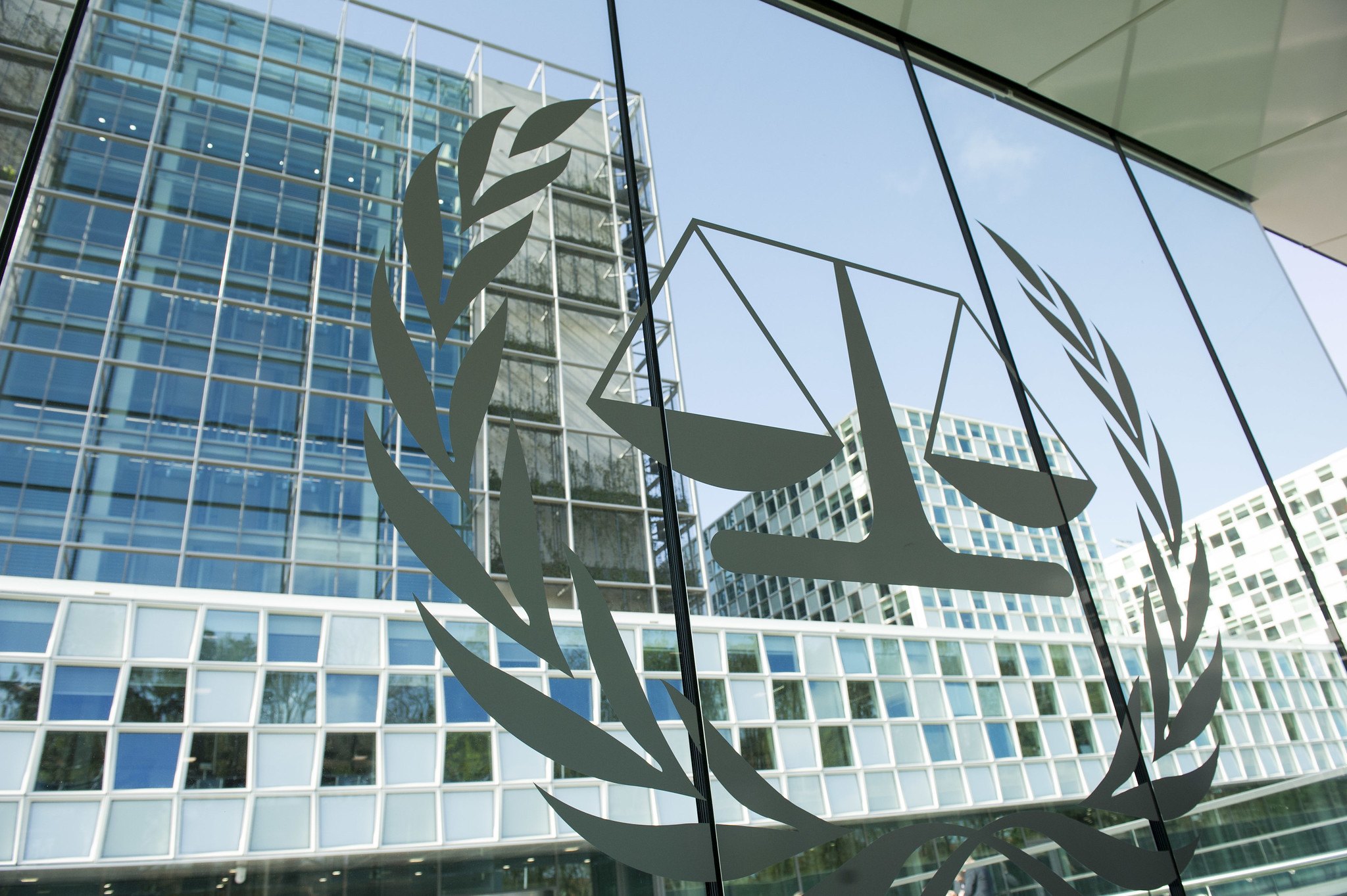China and the Hypocrisy of American Speech Imperialism
Should American companies—the National Basketball Association (NBA), Apple, Facebook—be doing business in China? Many people appear to have strong feelings about this question, particularly after a series of controversies have erupted in the past two weeks.

Published by The Lawfare Institute
in Cooperation With

Should American companies—the National Basketball Association (NBA), Apple, Facebook—be doing business in China? Many people appear to have strong feelings about this question, particularly after a series of controversies have erupted in the past two weeks. The first dust-up occurred when Daryl Morey, general manager of the Houston Rockets, tweeted-and-then-deleted his support for Hong Kong protestors, which led to a debate about NBA owners and players self-censoring in order not to offend the Chinese government. Meanwhile, the gaming company Blizzard banned a player who brought up Hong Kong, and Apple decided to pull HKMap—the police-tracking app relied on by Hong Kong protestors—from the App Store. Then Mark Zuckerberg jumped in on Oct. 17, arguing that while Facebook might be a messy platform full of fake news and election interference, at least it doesn’t have Chinese speech rules:
China is building its own internet focused on very different values, and is now exporting their vision of the internet to other countries. Until recently, the internet in almost every country outside China has been defined by American platforms with strong free expression values. There’s no guarantee these values will win out.
There is no easy answer to the very difficult question of if or how American firms should do business in China. But, unfortunately, resolving this question is made harder because the debate is marred by a general lack of analytical clarity and is instead being driven by uninformed moral outrage, free speech absolutism, and American exceptionalism. Rather than take on the very large question of whether American companies should do business in China, let’s deconstruct several of the debate’s maladies.
The first problem is the sheer hypocrisy of those most loudly critical of American firms self-censoring in order to appease the Chinese government.
Recall when National Football League (NFL) players, led by Colin Kaepernick, began protesting racial injustice by kneeling during the national anthem at football games. At the time, Sen. Ted Cruz said, “People ought to be able to enjoy football without it being turned into a political statement that many understandably see as a slight to our flag and to the many people who stood up and fought to defend our country.” Last week, Cruz struck a very different tone in the NBA controversy, cautioning that when the NBA self-censors, it risks becoming an “arm of Chinese censorship.” Cruz was hardly the only major American political figure to criticize the NBA for bowing to Chinese censorship while encouraging NFL owners and players to self-censor. Sen. Tim Scott’s response to the NFL protests: “This country is the beacon of life for all of mankind and anyone that stands up or refuses to stand, I think you’re making a drastic mistake.” But what about China? Scott said: “Since when did we need the Communist Party of China’s approval to have an opinion? It’s a sad day when Americans can’t come out in support of freedom & democracy without fear of retaliation.” President Trump, of course, was just as hypocritical. “It’s very sad” the “way [NBA officials] were pandering to China,” said the man who has been extremely critical of the NFL players protesting. NFL players, the president said, should “stand proudly, or you shouldn’t be playing, you shouldn’t be there, maybe shouldn’t be in the country.”
The NFL and the NBA are two leagues with very different cultures surrounding political speech, but it is nonetheless striking to contrast the attitudes of these politicians toward political protests in the NFL and political protests in China.
Let’s imagine a hypothetical where Chinese fans showed up at NFL games protesting police violence and racial inequality in the U.S. One has to wonder how Trump, Cruz, or Scott—or most who have been critical of the NBA’s stance in China—would react. Despite all the bluster about the importance of free political speech to Americans, it seems hard to imagine these foreign protestors would be embraced. After all, the NFL’s own players can’t even protest racial injustice. The NFL’s new rule—adopted by the largely white owners without consulting the much more diverse players’ association—outright bans players from kneeling in protest during the national anthem. So much for America’s embrace of political speech at sports events.
What then is the message sent by the inconsistent positions of American political leaders? It is that corporate cooperation with a government’s political desires is wrong, unless that government is the United States. Or, perhaps, it is that free speech is a bedrock principle, unless the protesters are black football players.
The hypocrisy extends to Americans’ response to Beijing’s efforts to manage foreign corporate influence in the country, too. The Chinese government views American corporations as vehicles for American political influence, which they clearly are. The fact that a laundry list of high-level U.S. politicians have commented on the dispute—while the U.S. is negotiating a trade deal with China—only proves that Beijing is right to see incursions by U.S. businesses into China as a threat. Seen in this light, arguments that the NBA should insist on American speech rules in China are arguments for using American corporate power to meddle in another state. This would trouble a country in any context, but it is likely especially worrying given the United States’s history of virulent and aggressive corporate imperialism.
Again consider a hypothetical. Suppose that that Chinese companies were in a position to achieve Communist Party goals in the U.S. or elsewhere in the world—say that a Chinese telecom company widely suspected of sharing customer data with the Communist Party became the likely provider of U.S. network hardware; or a Chinese startup wanted to buy Grindr, a gay dating app; or American teens were suddenly addicted to a Chinese-owned Vine-like video app. The U.S. government would try to end this foreign influence. It would not even be a close call. Why should we expect anything else from the Chinese government?
Another distasteful and unconstructive thread running through the current debate is America’s moral superiority because of its robust speech rights. At the core of the argument that U.S. firms should not do business in China—or if they do, they should somehow not comply with Chinese rules—is an argument about China’s speech constraints and, therefore, its moral inferiority. But, as I’ve said before, evaluating China along welfare or human rights grounds is not so simple. Speech rights are much less robust than in the West, to be sure, but China has shown extraordinary concern—and done more than any other country—for its poor. The country has lifted hundreds of millions out of poverty, and a child born in China today has a better shot at upward social mobility than a child born in the U.S. In the U.S., we are allowed to criticize the president on Twitter.
The point is not that the two countries are morally equivalent. Rather, it is simply hard to swallow the moral superiority that underlies so much American rhetoric about China. Reasonable people can disagree about whether economic well-being matters more or less than speech rights, but it is not reasonable to suggest that this is an obvious or an easy moral question. In fact, this simplistic framing—we are right and they are wrong—has a name in social psychology, moral realism, and it has been shown to inhibit trade-offs and the achievement of compromise. As we edge toward the precipice of war with China, we might think twice about adopting this absolutist moral stance.
The fight over how American companies should respond to Chinese censorship is also part of a larger history of American firms insisting on American speech rules for the rest of the world. Whatever one thinks about American-style free speech, it is not universally beloved; indeed, it is nearly universally rejected. Yet Americans expect domestic companies to push it around the world, and many do. This issue comes up again and again in discussions about technology policy in particular, because so many tech tools are platforms for speech. Ben Thompson of Stratechery exemplified this position in a piece last week about TikTok in light of the recent controversies. Thompson asks, “[I]s it at all acceptable to have a social network that has a demonstrated willingness to censor content under the control of a country that has clearly different views on what constitutes free speech?” His implied answer is, of course, “no.”
Mark Zuckerberg made a similar case in his Georgetown speech on Thursday, cautioning his American audience that if Facebook and other American companies lose the “fight” over internet speech, the internet’s rules will be made by Beijing. Zuckerberg’s not-so-subtle question to the crowd was: “Is that the internet we want?” He went on to explicitly defend a program of advancing American speech rules around the world.
Speech rules, many Americans and American tech firms feel, should be both uniform and maximal; the American rule should predominate everywhere. And this view has U.S. government backing. That is why the U.S. is pushing platform immunity provisions in its trade deals, which would protect firms like Facebook from liability associated with speech harms. And that is why the U.S.-U.K. data-sharing agreement gives the U.S. veto power over British attempts to get criminal evidence in cases that implicate free speech concerns.
To much of the world, this is both obnoxious and ironic. American speech imperialism never made much sense—why should the rest of the world adopt the American rule on anything? But if it ever made sense, it makes less sense today, given the state of our communications platforms, which enable mass shootings, radicalization, election hacking and more. The results of American platforms’ free-speech free-for-all have not been happy in Myanmar, India and much of the rest of the world. The U.S. does not have this all figured out; we should stop pretending that we do.





